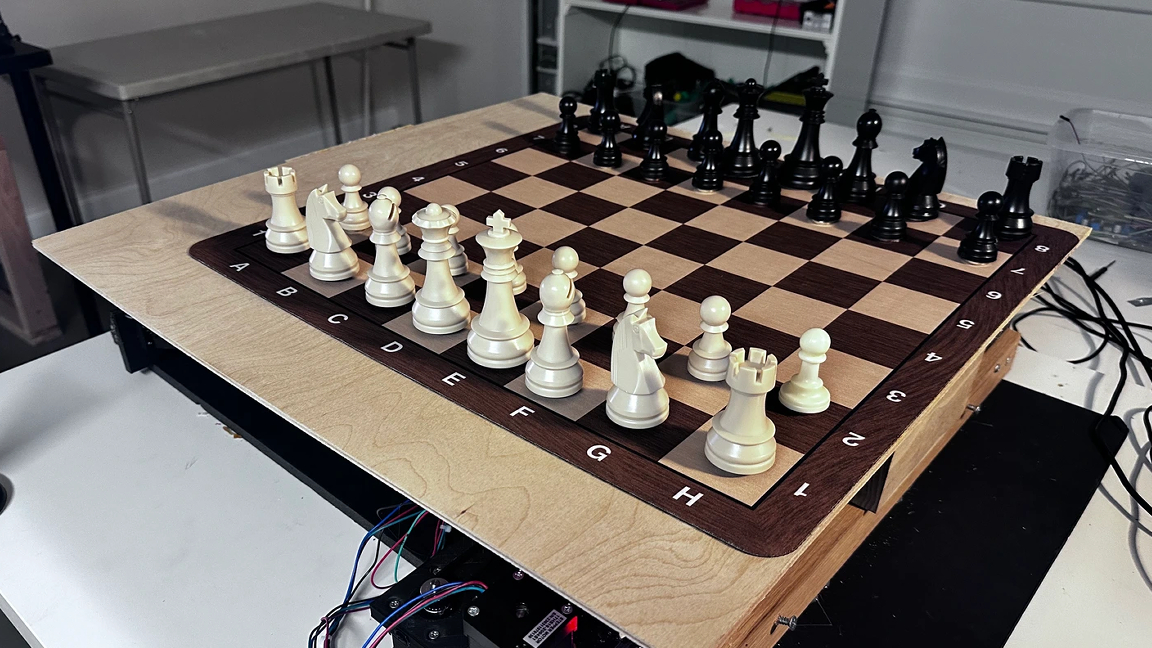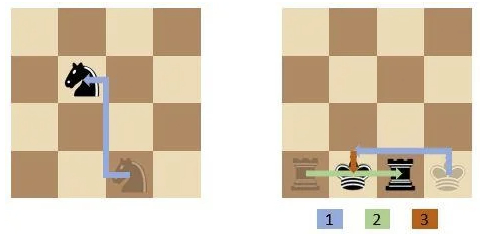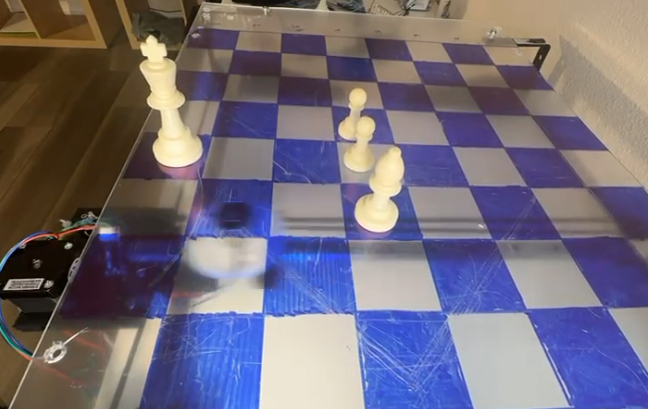
Gaming on the Raspberry Pi is one of those go-to pairings that is here to stay. But where most people think of emulating and playing games digitally on the Pi, other makers, like Tamerlan, take things further by creating interactive games in the physical world. Using our favorite SBC, Tamerlan has developed an automated chessboard that moves pieces around the board.
This chess board is programmed with several different game modes. You can play against a computer or connect to the internet and play against other real players remotely, with the board emulating their moves for you in real life. Pieces are moved using magnets attached to an XY stepper motor system underneath.
The Raspberry Pi is responsible for more than just moving pieces; it has to process where the pieces are and determine the best path from point A to point B. Different pieces have different weights, which impacts the movement process. If not done correctly, pieces will fall and won't reach the appropriate square on the board.
Tamerlan has been kind enough to share plenty of details about the build process, detailing the current iteration and the trials and errors along the way. Currently, the system uses a stepper motor to operate an XY grid using 3D-printed components and a series of rails for stability. The piece grabber is an electromagnet, but Tamerlan plans to replace it with a different mechanism.


Tamerlan is also responsible for programming the software, which requires much more than just the rules of chess. Logistics are involved in managing where the pieces are and what the best way is for them to move.
For example, you could move pieces out of the way before moving the one you want, but Tamerlan discovered he could use half steps to scoot pieces in between others. When asked how pieces take others, he confirmed they are just knocked over and must be picked up manually. However, this could be changed in future iterations.
If you want to get a closer look at this Raspberry Pi project in action, you can check it out on YouTube and explore the project details on this project page created by Tamerlan.







